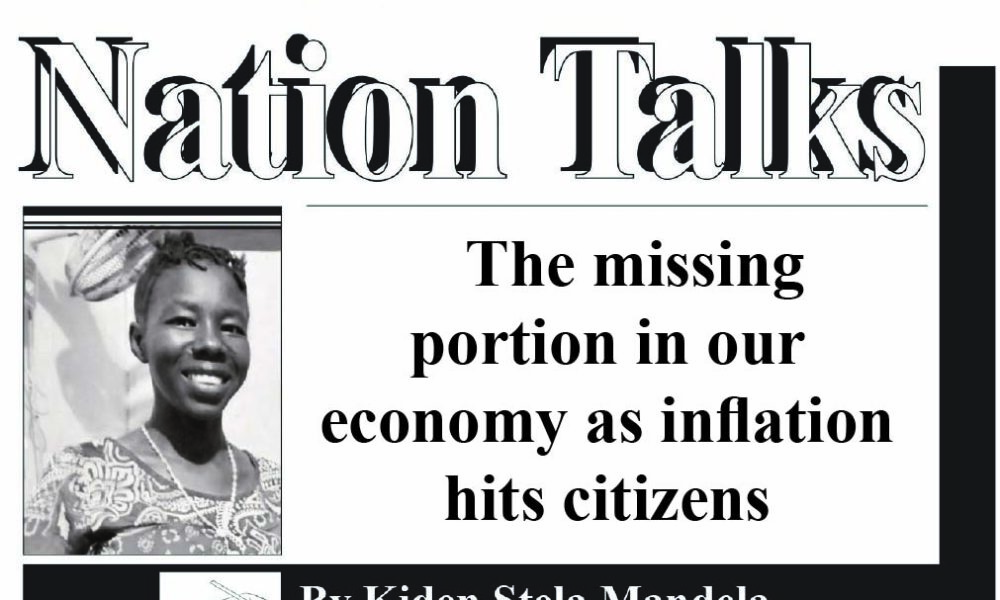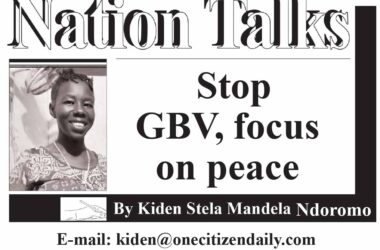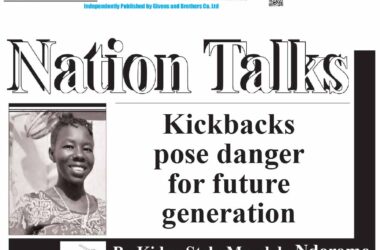The economy is essential for the lives of people; without a functioning economy, citizens face degrading conditions.
The economy encompasses the production, distribution, trade, and consumption of goods and services.
Economic literature describes it as a combination of various factors, including education, technology, history, political structure, natural resources, social organizations, legal systems, and values.
These elements create a set of processes that complement one another. Therefore, it is the responsibility of economic agents, such as governments, organizations, businesses, and individuals, to drive these processes for the benefit of all in the economy.
In this context, the government plays a central role in establishing a solid foundation for economic recovery. South Sudan’s economy, both before and after independence, has struggled to develop due to key aspects being overlooked by decision-makers. As a result, inflation is severely affecting our citizens’ lives today.
The missing element is “integrated economic growth policies” that enhance the economy’s production capacity. Key components in this production line include capital, labor, the utilization of natural resources, and technology. These factors could create value chains that foster economic growth. Economic growth policies should streamline investments in infrastructure—such as quality roads, bridges, airports, and electricity—as well as labor force development, capital accumulation, savings, and taxation systems.
Furthermore, good governance that promotes sustainable peace and safeguards national sovereignty could have stimulated economic growth and increased real Gross Domestic Product (the total value of goods and services produced in a country over a year).
The economy is managed by multiple public institutions and private sectors, not by an individual or a single institution. Some believe that increasing the money supply through the central bank will reduce inflation, but this is a misconception. The central bank plays its part, but it lacks complementary support from other institutions and sectors. There is a lack of production for both export and domestic consumption, poor infrastructure, and insufficient foreign direct investment to inject billions into the economy. These components would generate revenue directly for the country’s reserves, strengthening our currency.
Prices are rising because of the absence of sustained economic growth, and Indigenous people have not taken control of their economy. Some argue that war is the primary cause of economic hardship, but our economy was in poor shape even before the conflict. The war has only added obstacles and drained public treasury resources, diverting funds to purchase weapons and other expenditures.
God protect South Sudan.
Be the Spectator!




